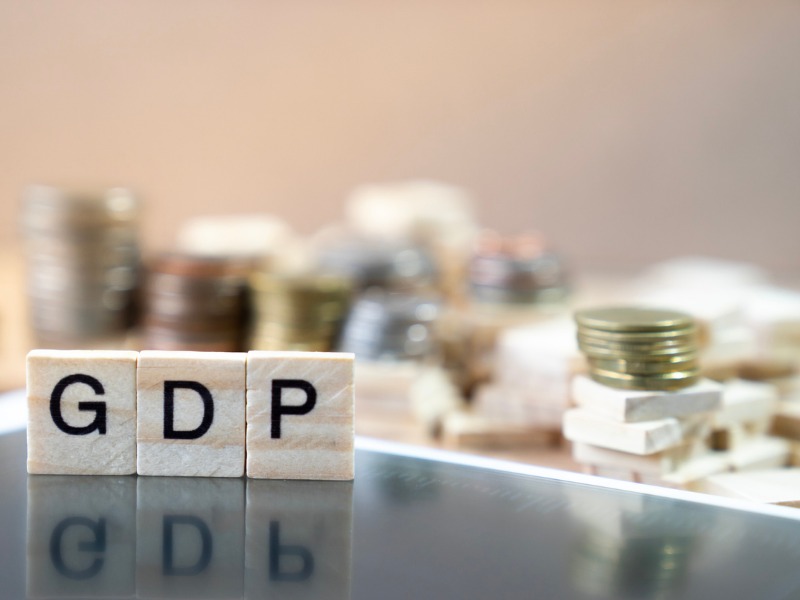
Amid accumulating evidence of a stalling economy, Scotiabank economists have reduced their forecast for GDP growth this year.
Scotia cut its growth forecast for this year to 1.2% from 1.7%, saying it sees even slower growth of just 0.7% next year.
While one-off events such as floods, wildfires and the strike by dockworkers in Vancouver will have transitory effects on the economy, the underlying path for the economy is slower.
“After roughly accounting for these disturbances, we continue to expect a basically stalled economy for the next few quarters,” Scotia said.
The impact of those events will also factor into the Bank of Canada’s reading of the outlook and the path for monetary policy, Scotia noted.
“Governor Macklem has been looking for evidence that the economy is slowing as he fine tunes policy settings,” the economists said.
At this point, the report indicated these events were a drag on growth in the second — and likely the third — quarter. The typical rebound that follows a negative shock isn’t expected until the fourth quarter, Scotia noted, while cautioning that it’s “impossible at this stage to have a firm view on the impact of these shocks.”
Inflation remains the biggest risk in the outlook, Scotia’s report said.
“Though we expect core inflation to decelerate in coming months, Governor Macklem has very little ability to tolerate a rise in core inflation. A very small rise in core inflation, or if core inflation were to remain at current levels beyond this quarter, would force the Bank of Canada to raise its policy rate further,” it said.
Currently, Scotia expects the Bank of Canada to keep rates at current levels until at least the second quarter of 2024 — provided inflation eases.
“Given the stickiness of recent core inflation readings, this means risks are clearly tilted to the upside as they concern interest rates,” it said.